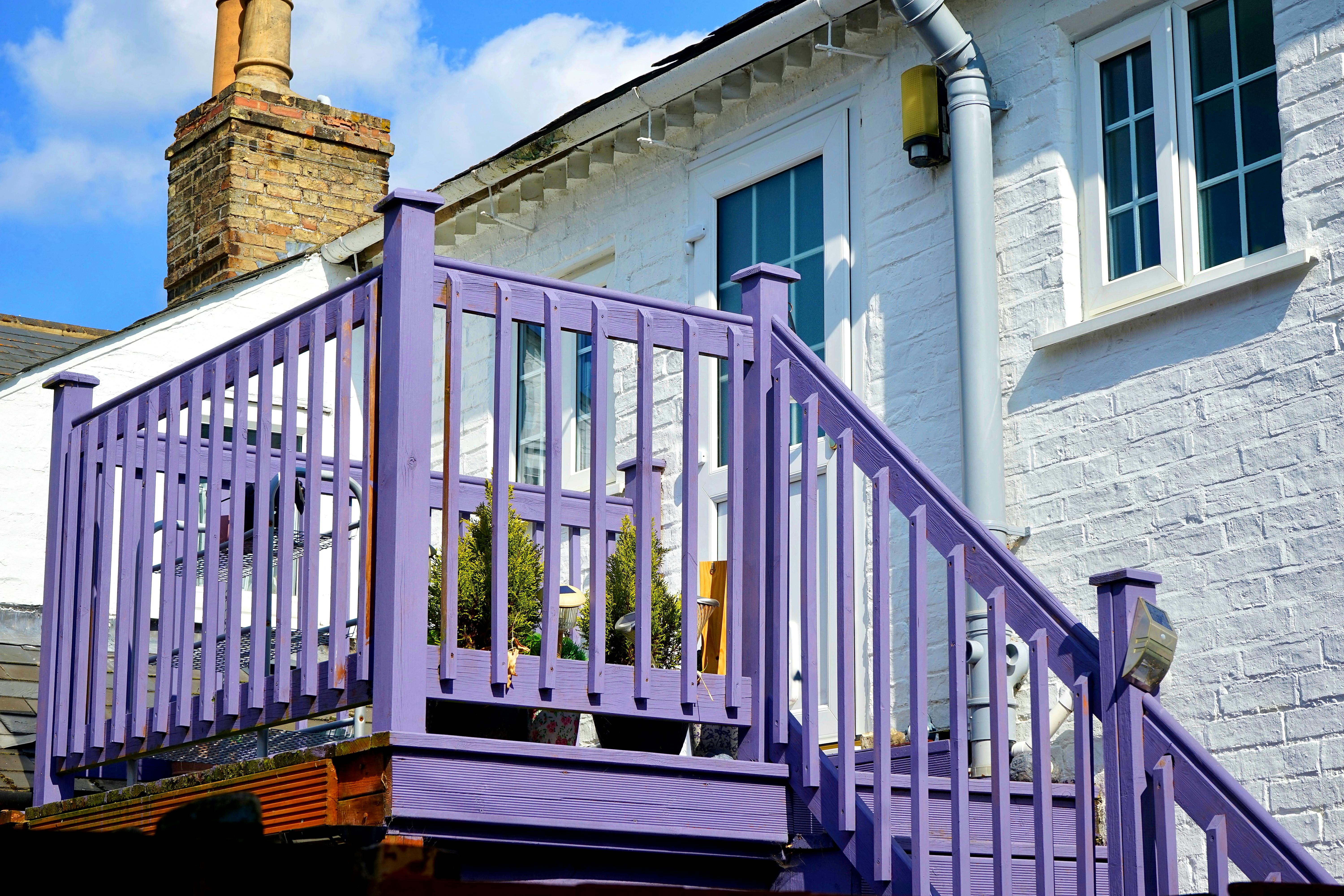Sometimes when things seem too good to be true, they are. This is often the case when you get involved with reverse mortgages. Yes, it’s true that anyone over the age of sixty-two who owns their own home and owes less than thirty percent on it can stop making mortgage payments when they take out a reverse mortgage.
As long as you live in it, the house is your guarantee. No credit check required. You do not have to repay the loan unless you move or die. If the property falls in value, you can never owe more than it is worth. Any home equity can be used, tax-free, in any way you want or need. Any principal you spend is simply added to the loan, which is repaid by your heirs if they want to keep the house, or else it goes back to the mortgage company.
This debt will come with high interest rates, typically eight to ten percent of the value of your home. They may also add closing fees and other fees. You are decreasing the amount your heirs will receive, since the full payment will come from the sale of the house before they see any money.
Also, you need to be sure that Social Security won’t stop because of too large a reverse mortgage loan. But that’s really not the worst. Due to the shaky economy, reverse mortgages have become a high-pressure sales business (kind of like timeshare). What may seem like a legitimate offer may be a scam that will only waste what little security you may have and take your house off your back.
These agents and brokers will get you to sign over your home and leave you with nothing. You should stay away from anyone who offers you a deal that transfers ownership of your home to unknown potential investors. Some scammers claim that the loans are HUD sanctioned when they are not.
Don’t do business with anyone who tells you that you need to invest your reverse mortgage proceeds. At best, you’ll end up paying even more fees for investments that aren’t necessarily safe. At worst, they won’t invest it at all…they’ll steal it.
Reverse mortgages are not all bad. But it’s much safer to try to do it on your income by tightening your belt, downsizing your house if you can, and following my advice on how to lower your bills, stay warm, and eat well—on a very tight budget. .



